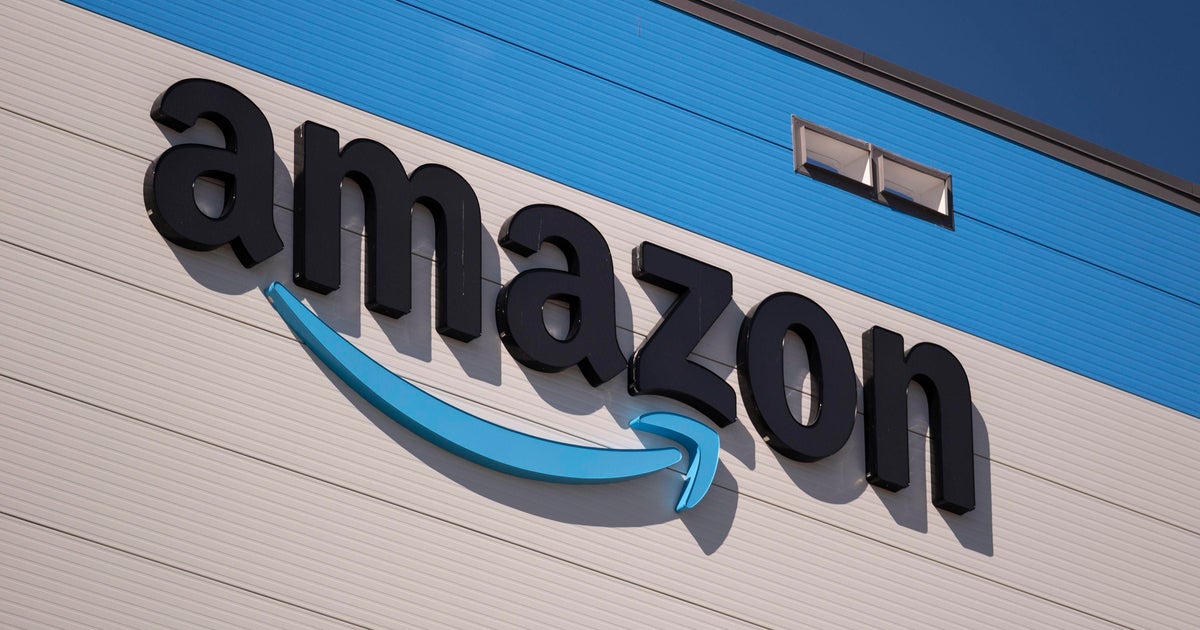The Federal Trade Commission and 17 state attorneys general on Tuesday filed a highly anticipated antitrust case against Amazon. The lawsuit alleges that Amazon, the retailing giant, unlawfully maintains monopoly power, resulting in higher prices for customers and weaker competition.
FTC Chair Lina Khan stated, “Our complaint outlines how Amazon has used punitive and coercive tactics to sustain its monopolies. The complaint contains detailed allegations that demonstrate how Amazon is exploiting its monopoly power to benefit itself, while simultaneously increasing prices and reducing service quality for American families who rely on its platform, as well as the businesses that depend on Amazon for reaching their customers.”
Khan further added, “This lawsuit aims to hold Amazon accountable for its monopolistic practices and restore the promise of free and fair competition.”
The lawsuit was filed in the Western Washington district court and targets Amazon, which started as an online bookseller in 1994 and has since grown into a dominant force in e-commerce and retail. The complaint accuses Amazon of leveraging its size and market reach to prevent lower prices and coerce merchants into using its logistics and advertising services.
“Amazon is a monopolist that raises prices for American shoppers and charges exorbitant fees to hundreds of thousands of online sellers,” said John Newman, Deputy Director of the FTC’s Bureau of Competition, in a statement.
The FTC is joined by 17 states in this lawsuit, including Connecticut, Delaware, Maryland, Massachusetts, New York, and Pennsylvania, among others.
For Khan, this case against Amazon is a significant one, showcasing the FTC’s efforts to address monopoly concerns. As a Yale University law student, Khan first accused Amazon of being a monopoly, and now, as the FTC Chair, she is determined to enforce antitrust regulations more aggressively than in previous decades. However, Khan has faced setbacks in her battles against major U.S. companies, such as Microsoft’s acquisition of Activision and Meta’s takeover of VR startup Within.
In response to the lawsuit, Amazon stated in an email that it believes the allegations are unfounded and incorrect both in terms of facts and the law.
“The practices challenged by the FTC have fostered competition and innovation in the retail industry. They have resulted in a wider selection, lower prices, and faster delivery for Amazon customers, as well as increased opportunities for businesses selling on Amazon’s platform,” the company said.
Amazon argued that if the FTC’s claims prevail, consumers will experience fewer product options, slower deliveries, and higher prices.
Search results “bury” lower prices, FTC says
The lawsuit accuses Amazon of illegally undermining competition in two markets: the online superstore commonly used by consumers and the online marketplace services used by sellers. According to the FTC, Amazon employs anti-discounting techniques to dissuade online retailers from offering prices lower than those available on its platform. The government claims that Amazon intentionally buries discounting sellers in search results, making them practically invisible.
The lawsuit also alleges that Amazon pressures sellers to use its expensive fulfillment service in exchange for “Prime” eligibility for their products, which the FTC identifies as critical for doing business on Amazon.
Breaking up Amazon?
Consumer advocates praised the lawsuit, with the Athena Coalition, a group against Amazon’s business practices, calling for the government to break up the company.
The Athena Coalition stated, “When a corporation holds this much power, it will always act as a bully, choosing winners and losers, exploiting workers, increasing prices for consumers, and harming the environment. Amazon cannot be allowed to dictate the rules in its favor and break the law without consequences.”
However, critics argue that the FTC’s case is excessive and overly broad, predicting that it will not succeed in court.
Amazon, which encompasses diverse businesses including a supermarket chain and movie studio, plays a central role in many Americans’ lives. However, its rapid growth has sparked calls for stricter regulation due to concerns of monopolistic practices.
Shares of Amazon fell 3.9% in response to the lawsuit.
“We interpret the lawsuit as an indication that the Biden administration intends to exert greater control over the influence of large technology companies than prior administrations,” stated Tom Forte, an equity analyst with D.A. Davidson, in a report.
Denial of responsibility! Vigour Times is an automatic aggregator of Global media. In each content, the hyperlink to the primary source is specified. All trademarks belong to their rightful owners, and all materials to their authors. For any complaint, please reach us at – [email protected]. We will take necessary action within 24 hours.


